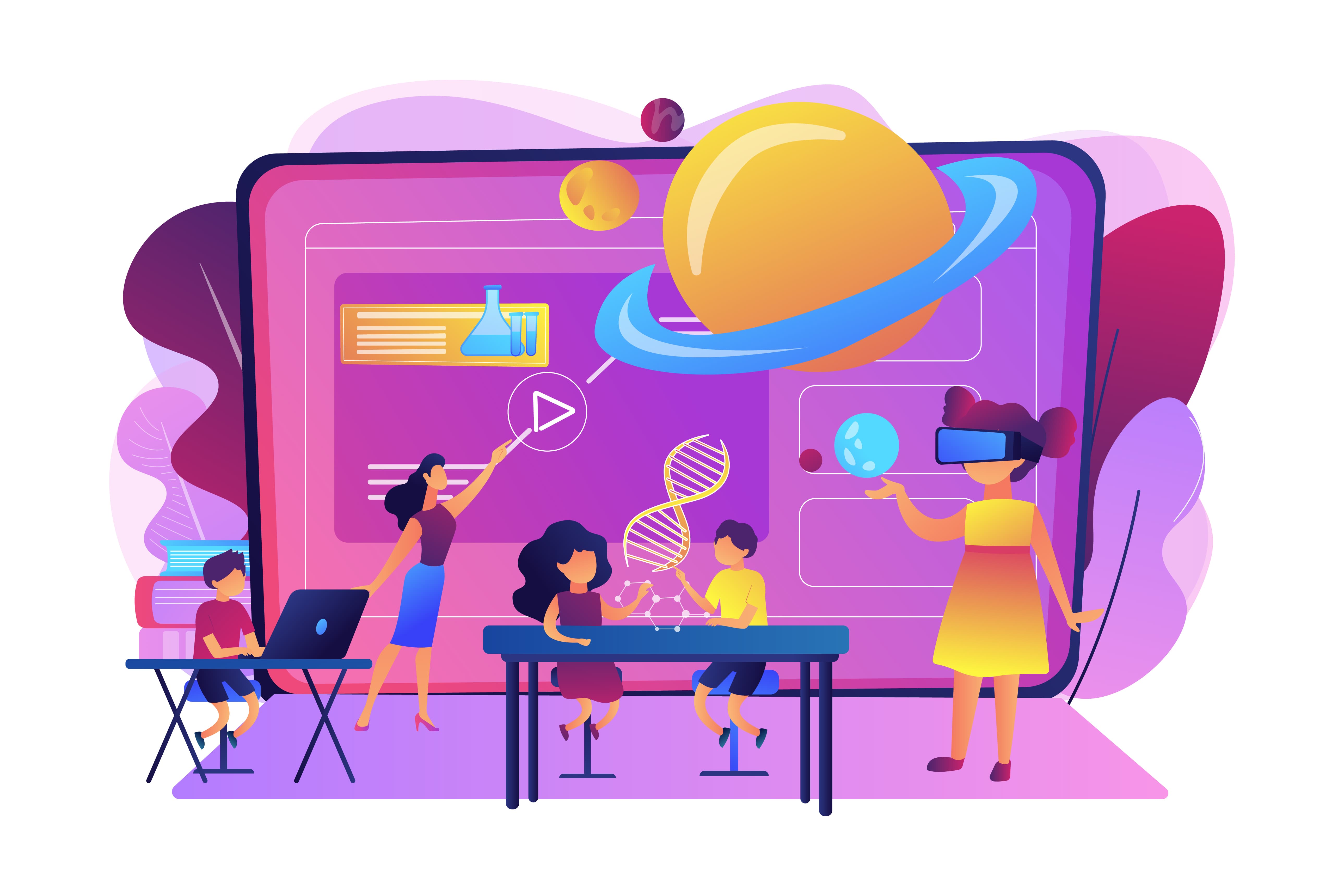A recent study examined the capabilities of GigaTIME, a multimodal AI framework that models the tumour immune microenvironment by converting routine H and E slides into virtual multiplex immunofluorescence images.
Researchers aimed to solve long-standing challenges in profiling tumour ecosystems by using a scalable and inexpensive technique instead of laboratory methods that require multiple samples and extensive resources.
The study focused on how large image datasets could reveal patterns of protein activity that shape cancer progression and therapeutic response.
GigaTIME was trained on millions of matched cells and applied to more than fourteen thousand slides drawn from a wide clinical network. The system generated nearly 300.000 virtual images and uncovered over 1000 associations between protein channels and clinical biomarkers.
Spatial features such as sharpness, entropy and signal variability were often more informative than density alone, revealing immune interactions that differ strongly across cancer types.
When tested on external tumour collections, the framework maintained strong performance and consistently exceeded the results of comparator models.
The study reported that GigaTIME could identify patterns linked to tumour invasion, survival and stage. Protein combinations offered a clearer view of immune behaviour than single markers, and the virtual signatures aligned with known and emerging genomic alterations.
Certain proteins were easier to infer than others, which reflected structural differences at the cellular level rather than model limitations. The research also suggested that immune evasion mechanisms may shift during advanced disease, altering how proteins such as PD-L1 contribute to tumour progression.
The authors argued that virtual multiplex imaging could expand access to spatial proteomics for both research and clinical practice.
Wider demographic representation and broader protein coverage are necessary for future development, yet the approach demonstrated clear potential to support large population studies instead of the restricted datasets produced through traditional staining methods.
Continued work seeks to build a comprehensive atlas and refine cell-level segmentation to deepen understanding of immune and tumour interactions.
Would you like to learn more about AI, tech and digital diplomacy? If so, ask our Diplo chatbot!










